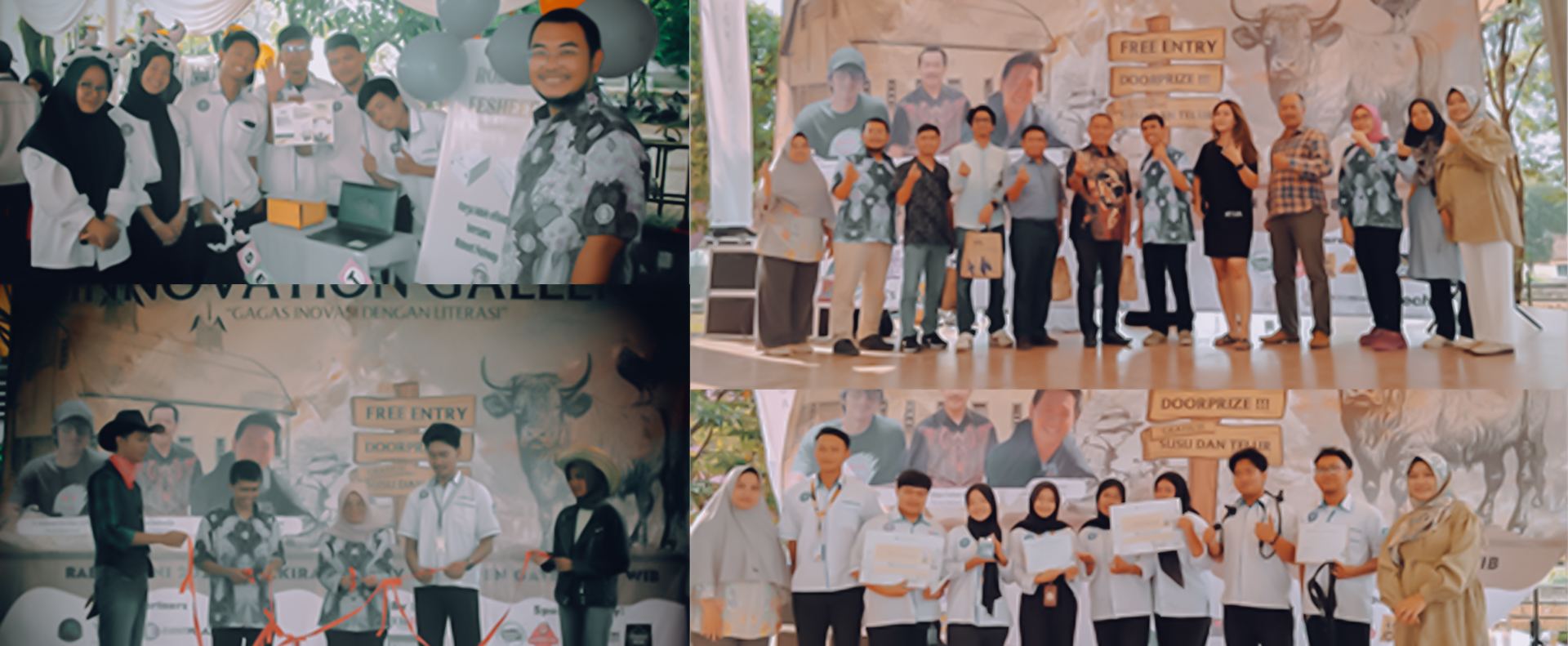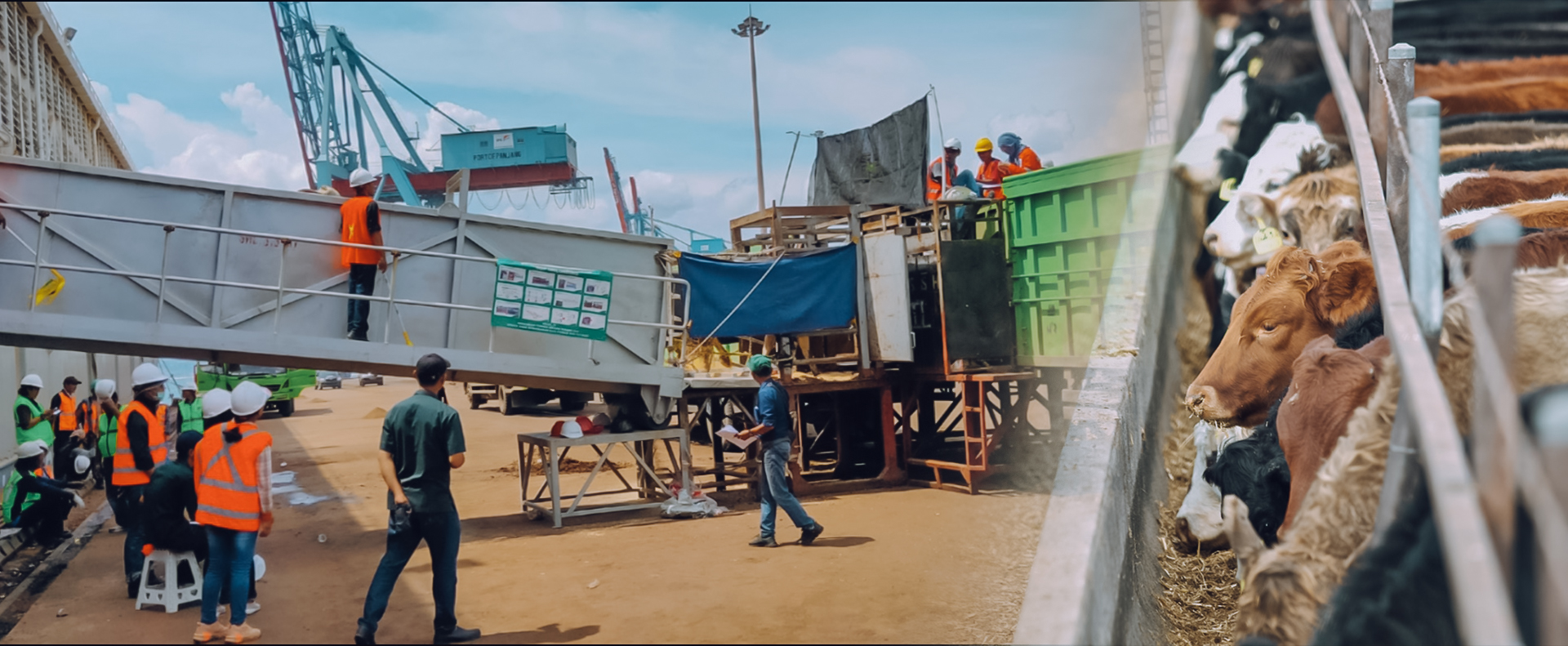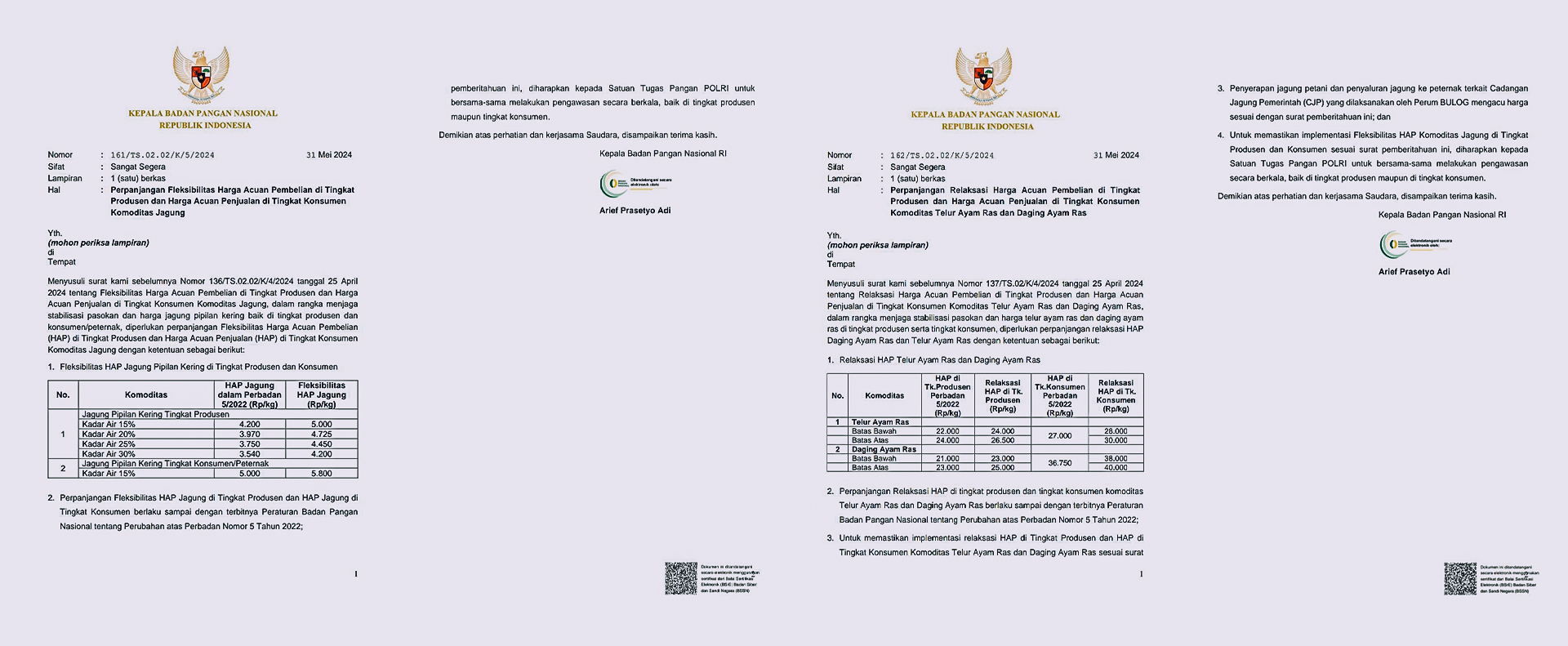
Initially, for Joko Waluyo and his wife Dwi Nur Haini, the residents of Sukoharjo Village 1, Sukoharjo Sub-district, Pringsewu Regency, Lampung Province, goat breeding was just as a side business. Their main business was cocoa and rice farming. Since the results of goat breeding were quite good, they decided to go into goat raising seriously.
Joko told TROBOS Livestock that when he started goat raising in 2006, his goal was to get cheap goat manure for his cocoa plants. "At that time, I always bought an average of 100 sacks of goat manure. It was financially troublesome for me, not too mention the price of cocoa which was still low at that time," Joko recalled at his home, not long ago.
At that time, in Pekon Sukoharjo, Joko only raised three goats in the cage on stilts. The animals were not released to the grassland like other traditional farmers. Seeing the fast growth of Joko’s goats, his neighbors began to follow in Joko’s footsteps. Therefore, in 2013, Joko along with 23 other breeders formed Goat Farmer Group called Rukun Santoso. Now they are raising more than 200 goats.
For the construction of the goat house, Joko said he preferred in the form of a house on stilts with slanted floors. Thus, the urine and droppings do not stick; instead, it flows into the collecting place. The goat house on stilts is intentionally chosen so that the dirt falls down. "Not from bamboo because goat legs can get caught in the gaps," he said.
Since starting this goat raising, Joko is still "faithful" and focused on breeding and enlarging goats. He and his group have not yet gone into the dairy goat business although the opportunity is wide open to them.
He said that by selling meat goats alone, they had been overwhelmed by consumer’s demand for akikah and party. In addition, the requests also come from restaurants and satay sellers.
Now, Joko and his wife are fattening about 60 goats of jawa randu species. According to Joko, the selection of this type is actually more to the taste of the market. This type of goat does not look so big, but the growth is so fast that the selling price is345 not as expensive as other bigger goats. "That way there are more buyers, especially for akikah, parties, restaurants and satay who are looking for goats that are cheap," he explained.



























